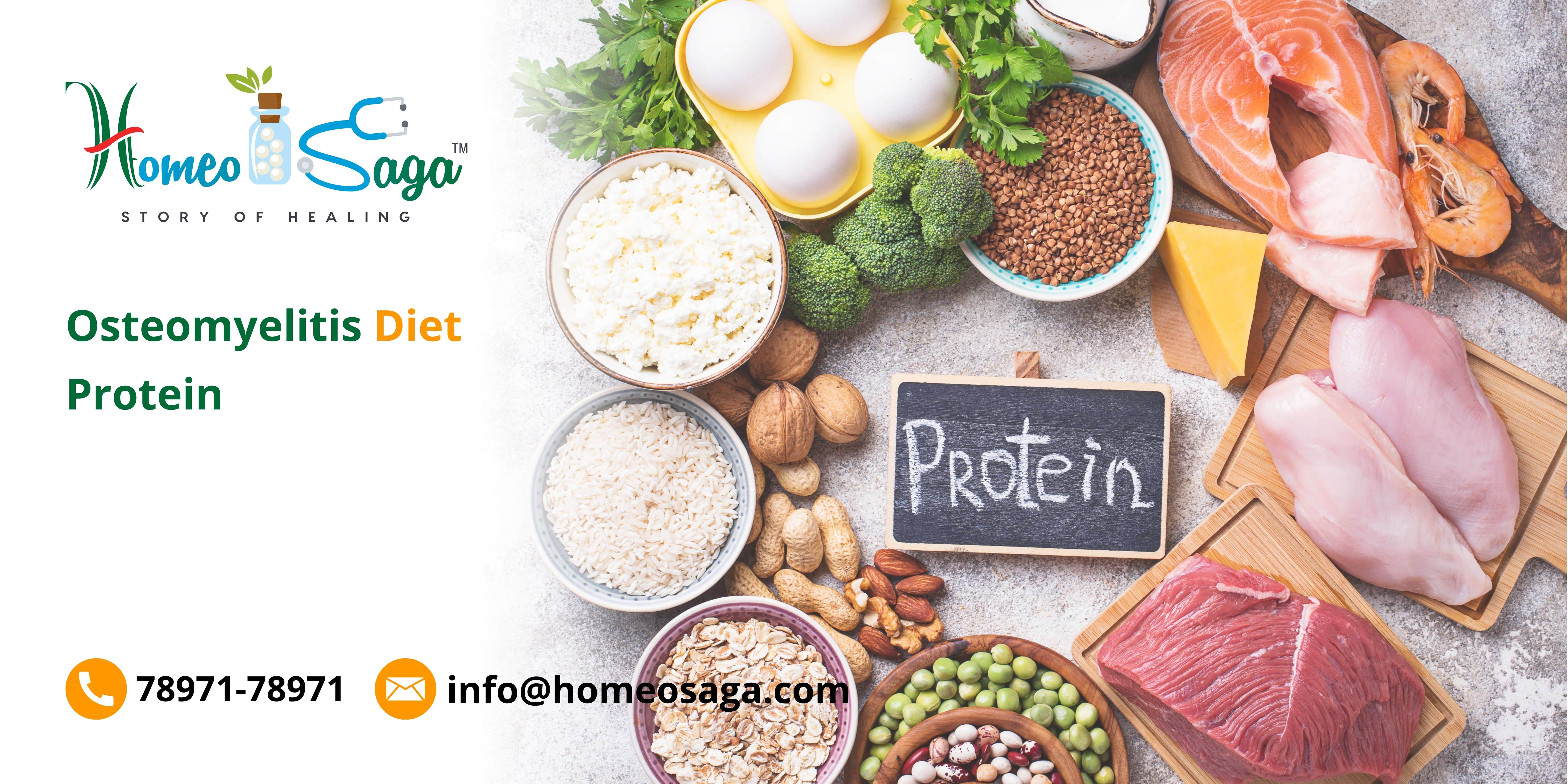Osteomyelitis Diet Protein
- Category: all
- Date: 23-01-2025
Understanding Osteomyelitis
Osteomyelitis is an infection of the bone that can be brought about by bacteria, fungi, or different pathogens. The contamination can either be intense or chronic, and it frequently results from a fresh injury, a surgery, or the spread of infection from one part to another part of the body, like the blood system. In individuals with osteomyelitis, the bone and encompassing tissues become aroused, prompting pain, swelling, fever, and in serious cases, bone damage or loss. Good and effective treatment of osteomyelitis commonly includes a blend of anti-infection agents to battle the infection, surgical intervention to eliminate necrotic bone tissue, and steady treatments to support recovery. Nutrition, especially intake of protein, is important for working with healing and improving the body's natural defense during this process.
Importance of Protein in Osteomyelitis Recovery
Tissue Repair and Healing: Advance tissue repair. Protein is fundamental for the blend of collagen, which is a crucial part of connective tissue. This aids in fixing damaged bone and delicate tissue. Immune Function: The immune system depends on proteins, explicitly antibodies and other immune cells, to battle diseases. Since osteomyelitis is a bacterial or fungal infection, the body needs a strong immune system to successfully battle the pathogen. Sufficient protein intake helps in the creation of immune cells, in this manner working on the body's defense against the infection. Muscle Maintenance: Osteomyelitis, particularly when chronic, can prompt prolonged periods of immobility. This can bring about muscle wasting and weakening. Protein is basic for keeping up with muscle mass and capability, particularly in patients who can't move or exercise because of their condition. It assists in preventing muscle breakdown.
Best Sources of Protein for Osteomyelitis Recovery
When recovering from osteomyelitis, it is crucial to consume high-quality protein sources that provide
all essential amino acids. These sources include:
1. Lean Meats: Chicken, turkey, and lean cuts of meat or pork are the best source of protein. These lean meats are likewise rich in important amino acids, which help in tissue repair and immune function.
2. Fish and Seafood: Fish like salmon, fish, and mackerel are rich in omega-3 fatty acids, which have mitigating properties that might assist with reducing swellings and pain related to osteomyelitis. They are likewise great sources of protein, which supports tissue repair.
3. Eggs: Eggs are available at a reasonable price and are a good source of complete protein. They are rich in amino acids important for the body's maintenance cycles, and they additionally contain different supplements, for example, vitamin D, which is significant for bone health.
4. Dairy Products: Milk, yogurt, and cheese give protein as well as calcium and vitamin D, which are significant for bone healing. Low-fat or fat free dairy items are the best choices to guarantee balanced nutrition.
5. Legumes and Beans: For people who follow a plant-based diet, vegetables like lentils, chickpeas, and beans are rich in protein. While they may not contain all the fundamental amino acids, consolidating them with grains like rice or quinoa can give a total protein profile.
6. Nuts and Seeds: Almonds, walnuts, chia seeds, and flaxseeds are some of the best sources of plant-based protein. They likewise offer healthy fats, fiber, and fundamental nutrients and minerals.
7. Tofu and Tempeh: These soy-based items are great plant-based sources of protein and can be obtained into different meals. They are rich in amino acids and have been displayed to support the immune system.
Tips for Maximizing Protein Intake
● Distribute Protein Throughout the Day:
○ Incorporate protein at each meal and snack for better absorption and use.
● Focus on Nutrient-Dense Foods:
○ Pick foods varieties that give both protein and other important nutrients (vitamins A, C, D, and zinc).
● Protein-Rich Snacks:
○ Try to include snacks like yogurt, cheese, and nuts as high-protein snack choices between your meals.
Conclusion
Protein is an essential nutrient for people recovering from osteomyelitis. It helps with tissue repair, upholds immune function, keeps up with muscle mass, and supports bones. Guaranteeing sufficient protein admission can fundamentally add to the recovery from infection. By including a high quality protein of top notch protein sources into the eating routine, people with osteomyelitis can enhance their recovery and return to a better, more stronger state.

